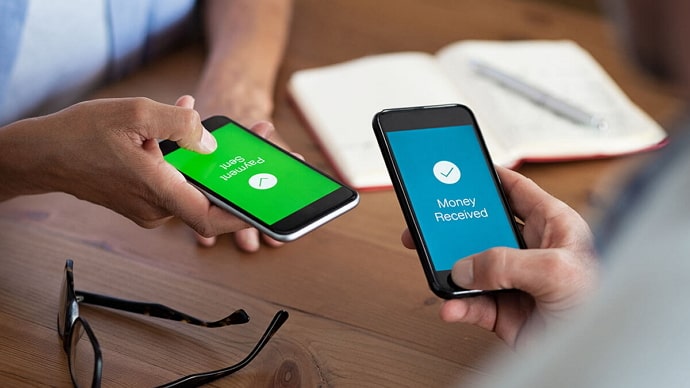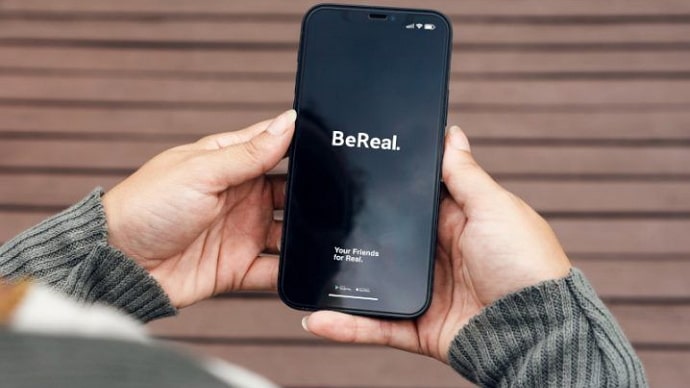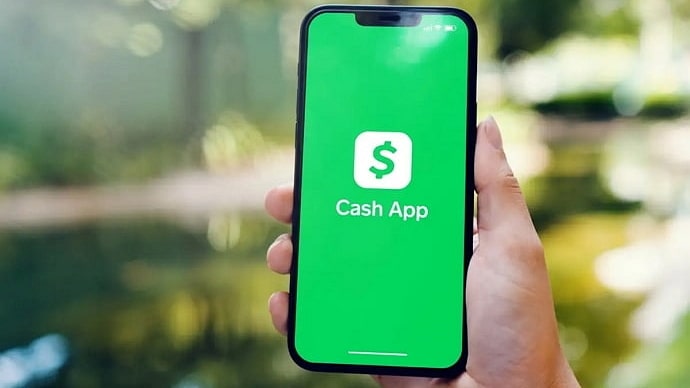In today’s time when digital transactions have dominated the scenario, peer-to-peer payment platforms like Cash App have become increasingly popular. While these platforms offer convenience and efficiency, concerns about security and accountability arise when users need to identify the owner of a particular Cash App account.

Whether you’re trying to resolve a payment dispute or simply curious about the legitimacy of a transaction, finding out who owns a Cash App account can be crucial. In this article, we will explore the methods and considerations involved in discovering the identity behind a Cash App account. Let’s get started!
How to Find Out Who Owns a Cash App Account?
In the fast-paced world of FinTech, Cash App has emerged as a popular platform for peer-to-peer payments and quick financial transactions. But what happens when a transaction sparks a question: “Who owns this Cash App account?”
Uncovering the identity behind a Cash App handle can be tricky, as the platform prioritizes user privacy. However, there are legal and ethical approaches to navigating this landscape, often requiring a multi-pronged approach and a keen understanding of Cash App’s policies.
Before delving into the methods of identifying Cash App account owners, it is essential to understand the platform’s privacy policies. Cash App, like other financial services, prioritizes user privacy and data protection.
The platform adheres to stringent privacy measures to safeguard user information. Consequently, obtaining personal details directly from Cash App may prove challenging due to these privacy protocols.
Transaction Records
One indirect method to identify the owner of a Cash App account is by examining transaction records. If you have received a payment from the individual in question, review the transaction details within your own Cash App account. Look for any additional information provided by the sender, such as a username, phone number, or email address.
While this method may not always yield conclusive results, it can serve as a starting point for further investigation.
Communication Through Cash App
Cash App allows users to communicate with each other through its messaging feature. If you have engaged in conversations with the account owner, review the chat history for any personal details they may have shared. Users often include their names, phone numbers, or email addresses in communications, providing valuable clues about their identity.
Social Media Investigation
Many users link their social media accounts to Cash App for added convenience. While Cash App itself may not provide direct access to this information, conducting a manual search on popular social media platforms using the username or other details obtained from transaction records may lead to the account owner’s profiles.
Keep in mind that not all users may link their social media accounts, and the success of this method depends on the individual’s privacy settings.
Utilizing Reverse Phone Lookup
If you have the phone number associated with the Cash App account, you can use reverse phone lookup services to gather additional information. Numerous online platforms offer reverse phone lookup services, allowing you to trace the owner of a phone number.
Keep in mind that the accuracy of these services may vary, and the information retrieved may be limited.
Reporting to Cash App Support
If you are facing a situation that requires the intervention of Cash App, such as a fraudulent transaction or unauthorized access, you can report the issue to Cash App Support. While they may not directly provide you with the account owner’s information due to privacy policies, they can investigate the matter internally and take appropriate actions to address the issue.
If after exhausting all reasonable avenues, the Cash App account owner remains a mystery, consider seeking professional assistance. Depending on the situation, legal guidance from an attorney or investigative services from a licensed private investigator may be warranted.
Remember, professional intervention should only be pursued in exceptional circumstances, such as suspected criminal activity or significant financial losses.
Legal Considerations
While uncovering the owner of a Cash App account can be tempting, prioritize ethical and legal considerations. Engaging in activities like brute-force guessing Cash Tags, hacking attempts, or using third-party search engines that violate Cash App’s terms of service not only breaches user privacy but can also land you in hot water legally.
It’s crucial to note that attempting to access someone’s personal information without their consent may infringe on privacy laws and regulations. Respect for privacy and adherence to legal standards are paramount in any investigation. If you encounter difficulties or legal complexities, you should get appropriate guidance from legal professionals.
Cash App’s Perspective: Balancing Transparency and Privacy
Despite prioritizing user privacy, Cash App understands the need for legitimate account verification in specific situations. They offer features like linking a bank account or debit card to verify identity and enhance security.
Additionally, Cash App actively cooperates with law enforcement agencies in instances of criminal investigations, providing necessary account information within legal parameters.
Unveiling the owner of a Cash App account requires a delicate balance between legitimate curiosity, ethical conduct, and respect for user privacy. Always explore the readily available clues first, prioritize official channels, and only consider professional assistance when absolutely necessary.
Ultimately, remember that Cash App’s policies and legal frameworks exist to protect both users’ identities and facilitate secure financial transactions. Identifying the owner of a Cash App account involves a combination of indirect methods, including transaction records, communication history, social media investigation, and reverse phone lookup.
However, ensure that you respect user privacy and adhere to legal standards during any investigation. Cash App’s commitment to user data protection means that direct access to personal information is limited, and users must navigate within the platform’s privacy policies.
If issues such as fraud or unauthorized access arise, reporting the problem to Cash App Support is a recommended course of action. While they may not disclose personal information directly, they can take appropriate measures to address the situation.
As the landscape of digital transactions evolves, users and service providers must strike a balance between convenience and privacy, ensuring a secure and trustworthy financial ecosystem.
Summing it Up
Well, that concludes the blog. Let’s recap what we have explored and learned today to sum it up. We began our discussion by talking about Cash App and the emergence of digital transactions in today’s era.
We determined whether one can find out who is the owner of a Cash App account. We discussed legal and ethical considerations related to it. With this, we hope we could clarify your doubts and queries about Cash App and finding account information on the platform.
Please drop any further queries or questions you might have in the comment box, we will definitely resolve them in the blogs coming up next, as always!
Also Read:





 Bitcoin
Bitcoin  Ethereum
Ethereum  Tether
Tether  XRP
XRP  Solana
Solana  USDC
USDC  Dogecoin
Dogecoin  TRON
TRON  Cardano
Cardano